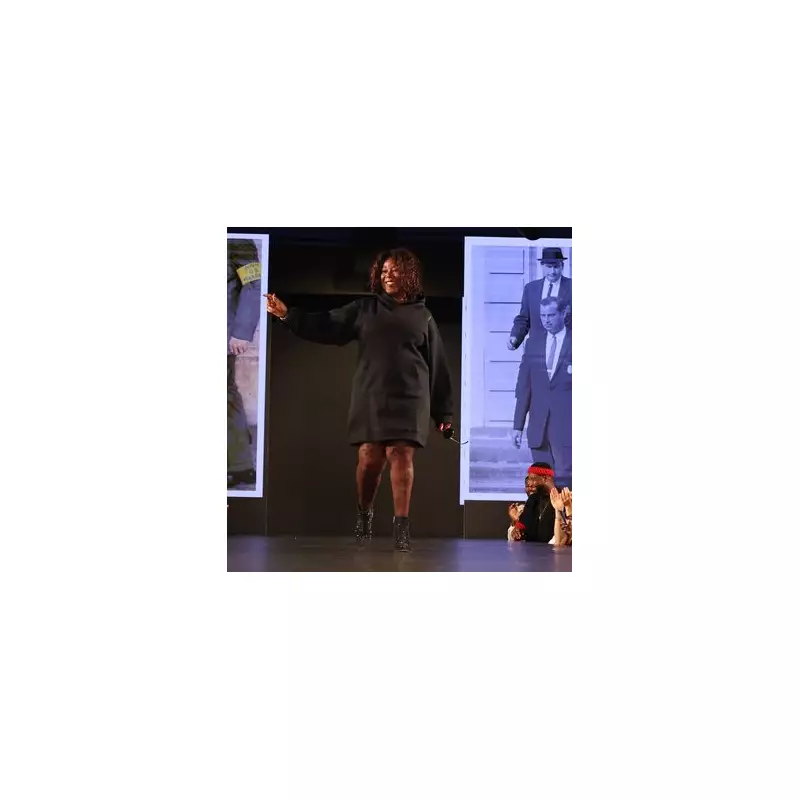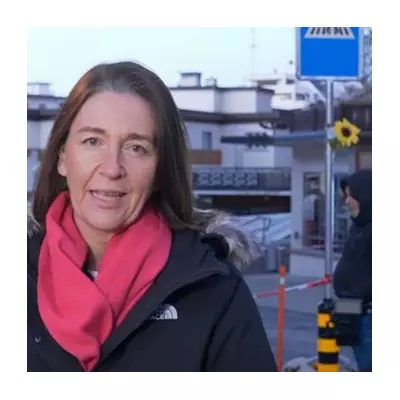
Sixty-five years after making history as the first Black student to attend an all-white Charlotte school, Diane Oliver has returned to the very classrooms where she broke racial barriers in an emotional homecoming.
The now 71-year-old educational pioneer walked through the halls of the former O'Donoghue Elementary, now known as Park Road Montessori, surrounded by current students who greeted her with cheers and admiration for her courageous journey.
A Childhood Burden and a Nation's Hope
In 1959, a six-year-old Diane became one of four Black students selected to integrate Charlotte's schools following the landmark Brown v. Board of Education decision that declared racial segregation in public schools unconstitutional.
"I remember the crowds, the yelling," Oliver recalled, her voice filled with emotion. "People were shouting horrible things. I didn't understand why they were so angry at a little girl just trying to go to school."
Her first day was marked by protestors and police presence, creating an intimidating atmosphere that no child should ever experience. Yet Oliver persevered, carrying not just her schoolbooks but the hopes of an entire community seeking equality.
Healing Old Wounds Through New Connections
The recent homecoming event served as a powerful moment of reconciliation and education. Current students, representing diverse backgrounds that now fill the classrooms, listened intently as Oliver shared her story.
"You are the reason I went through what I did," she told the captivated young audience. "So you could all learn together, play together, and become friends regardless of what you look like."
The school choir performed specially selected songs, including "We Shall Overcome," creating a poignant bridge between the struggles of the past and the progress of the present.
Charlotte's Complicated Legacy
Charlotte-Mecklenburg Schools became a national focal point for desegregation efforts, with Oliver's journey representing both the challenges and triumphs of the civil rights movement in education.
While the physical and emotional toll was significant on young Diane and her family, her courage helped pave the way for thousands of students who followed, ultimately transforming the educational landscape of North Carolina and beyond.
"I wouldn't change what I did," Oliver reflected, "but I wish no child had to go through that. Every child deserves to feel safe and welcome at school."
Her story stands as a living testament to both how far we've come and the importance of remembering where we've been in the ongoing journey toward educational equality.





